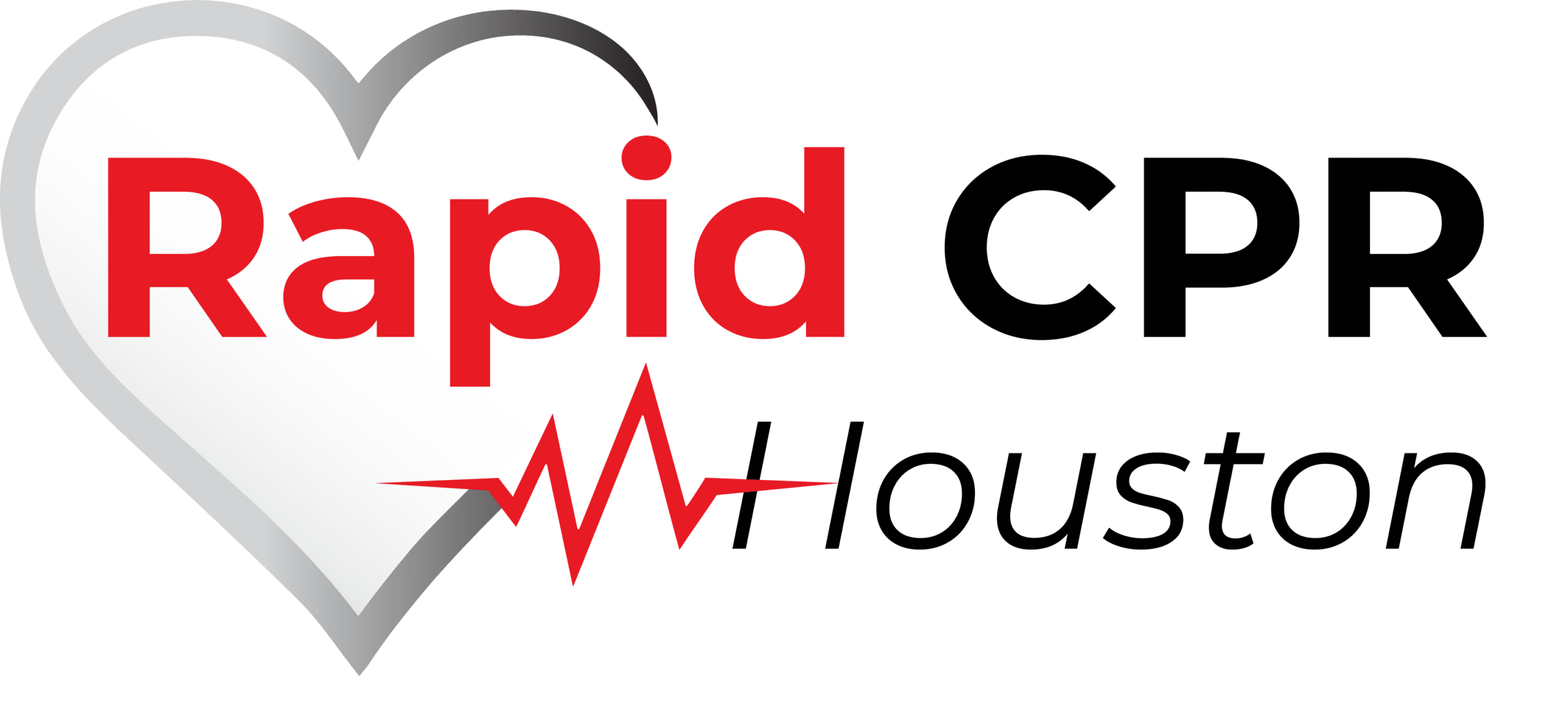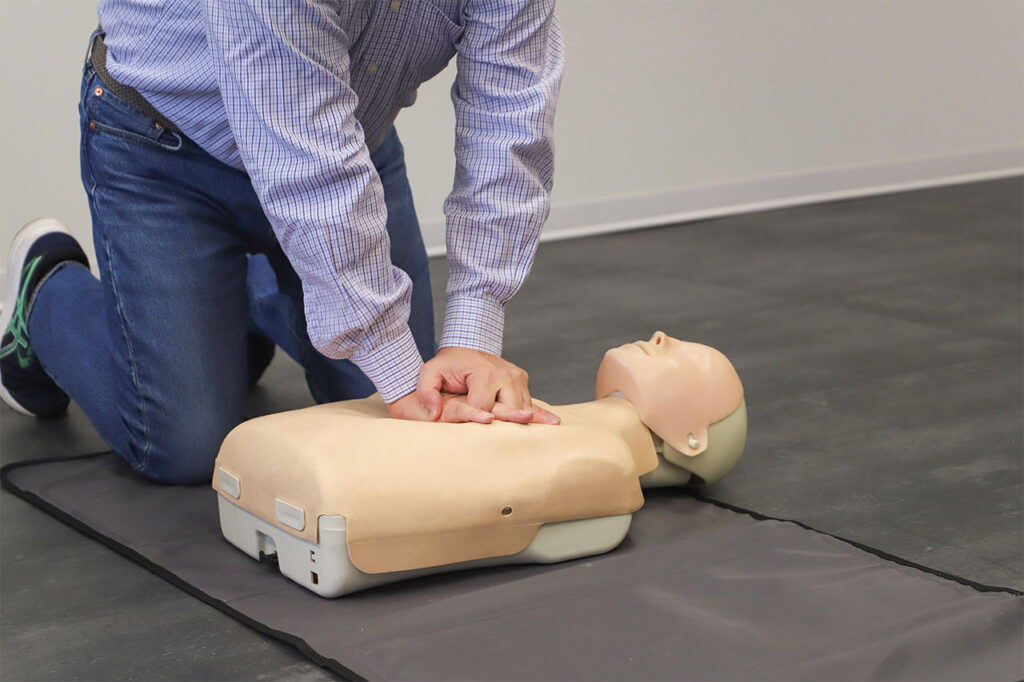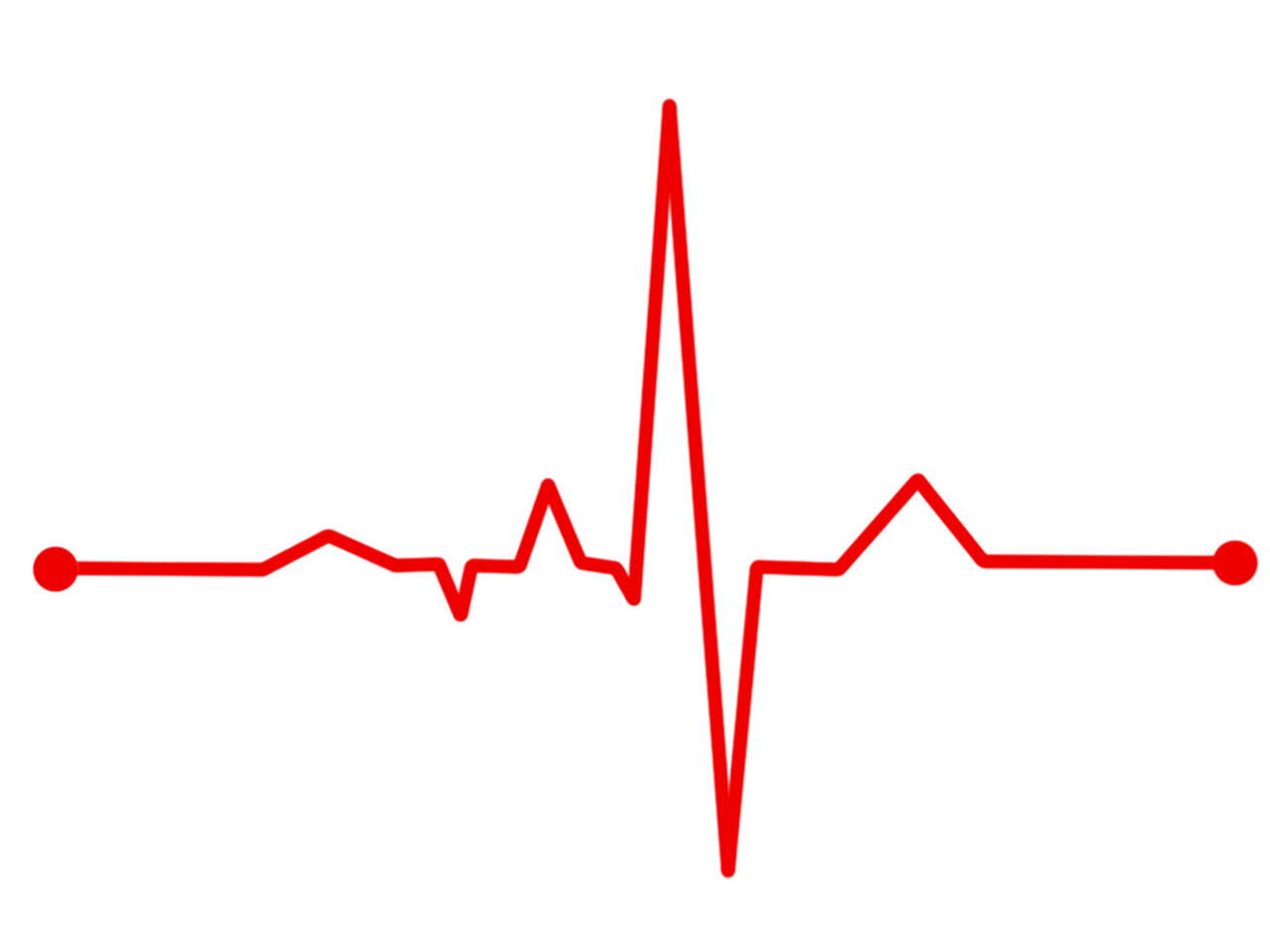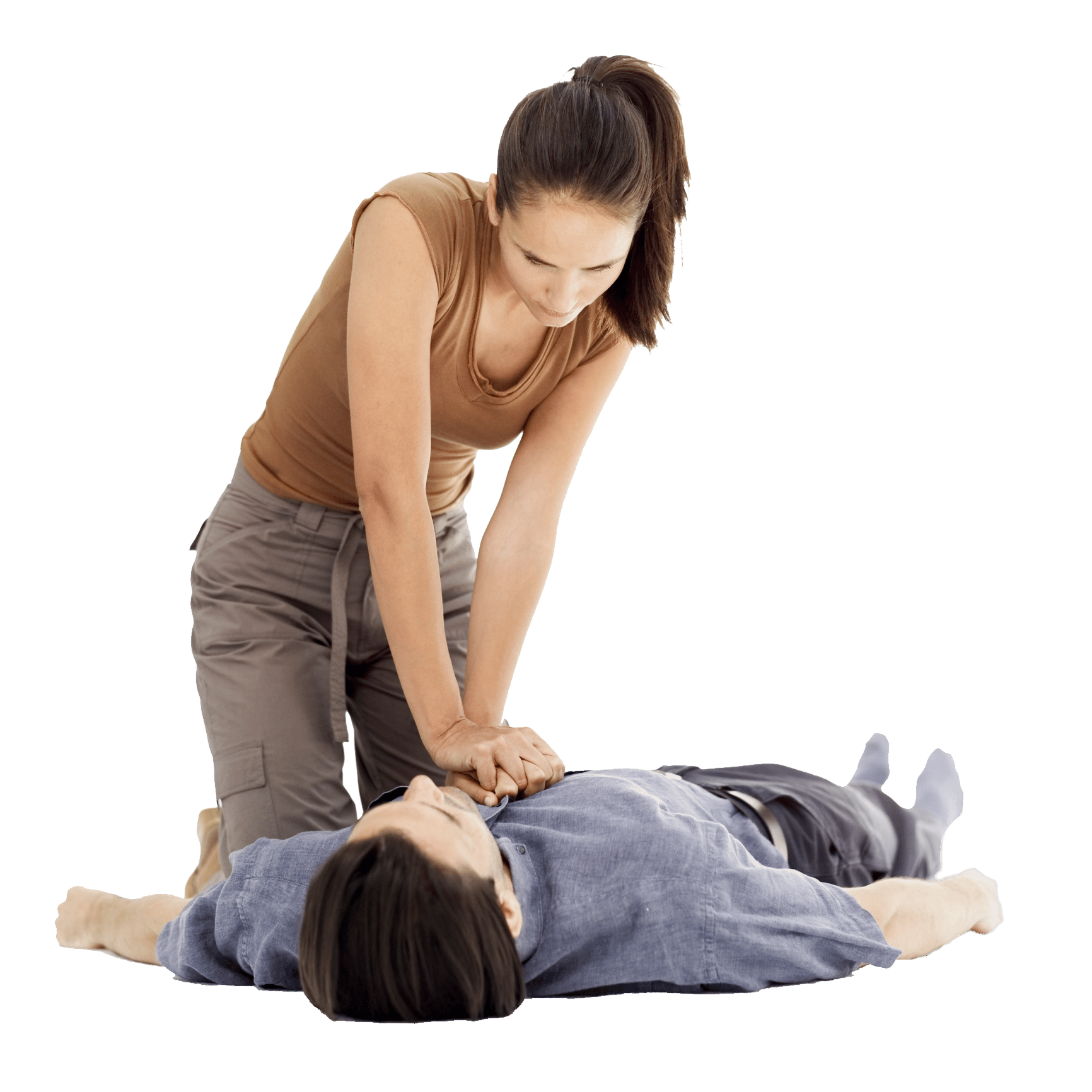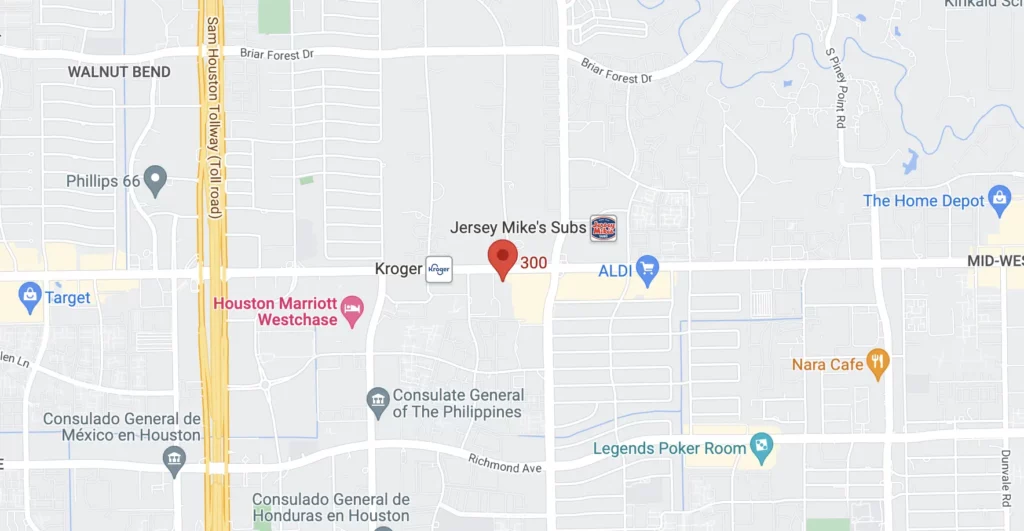Life-Saving BLS Training in Houston
Learning Basic Life Support (BLS) can be a game-changer in emergencies. BLS training teaches you how to respond when someone’s heart stops or they struggle to breathe. Knowing what to do can make all the difference, helping to keep someone alive until medical professionals arrive. This skill set includes chest compressions, rescue breaths, and using an Automated External Defibrillator (AED).
For healthcare professionals, BLS training is essential. Nurses, doctors, and other medical staff need to stay updated to provide the best care. But BLS isn’t just for medical workers. Educators, parents, and even everyday people can benefit from knowing these life-saving techniques. Being prepared means you can act quickly and confidently when every second counts.
Getting certified in BLS equips you with the knowledge and hands-on experience needed to handle emergencies effectively. In Houston, Rapid CPR Houston offers comprehensive training tailored to different needs. Whether you are a healthcare worker or a concerned parent, BLS training prepares you to save lives. Knowledge in BLS is more than just a requirement; it’s a responsibility and a valuable skill that can turn you into a vital first responder in critical situations.
Understanding Basic Life Support (BLS):
What It Is and Why It Matters
Basic Life Support (BLS) is a type of medical care used to help people who are experiencing life-threatening medical conditions, such as cardiac arrest or respiratory distress. BLS focuses on maintaining the airway, breathing, and circulation without the use of invasive procedures. It is a vital skill set for healthcare providers, teachers, parents, and basically anyone who may need to respond to an emergency.
Learning BLS is crucial because it forms the foundation of many lifesaving techniques. Knowing how to perform chest compressions, deliver rescue breaths, and use an Automated External Defibrillator (AED) can mean the difference between life and death in critical situations. Immediate and effective BLS can keep someone alive until professional medical services arrive.
Moreover, BLS training is designed to be accessible and practical. It teaches you how to recognize various emergencies and how to respond efficiently. Whether it’s a healthcare professional treating patients, a teacher watching over students, or a parent caring for a child, BLS skills are invaluable. These skills don’t just prepare you to react; they prepare you to make a real impact during emergencies.
Key Components of BLS Training
BLS training covers several important areas to ensure comprehensive emergency care. Here are the key components:
1. Chest Compressions: This includes learning the correct hand placement, depth, and pace of compressions to keep blood flowing through the heart and brain until advanced medical help can take over.
2. Rescue Breaths: Rescue breaths are essential for providing oxygen to a person who isn’t breathing. You’ll learn the proper technique for delivering these breaths effectively.
3. AED Usage: An Automated External Defibrillator (AED) can restart a heart that has stopped beating efficiently. BLS training includes how to operate this critical device safely.
4. Recognition of Emergencies: Identifying when someone needs BLS is key. Training helps you recognize signs of various emergencies such as heart attacks, strokes, and airway obstructions.
5. Team Dynamics: Often in emergencies, BLS requires teamwork. The training helps you understand how to communicate effectively and work with others during a crisis.
These components equip you with a well-rounded set of skills. Each is vital and ensures you are prepared to handle different kinds of medical emergencies. This training empowers you to act confidently and competently, providing immediate care that can save lives.
Benefits of BLS Training for Different Groups
BLS training is beneficial for everyone, but different groups gain unique advantages from it. Here’s how:
- Healthcare Professionals: For nurses, doctors, and other healthcare workers, BLS training is often a job requirement. It ensures they can handle cardiac and respiratory emergencies efficiently, which is crucial for patient care.
- Educators: Teachers and school staff are responsible for the well-being of many children. BLS training equips them with the skills to respond to emergencies, such as choking or sudden cardiac arrest, ensuring the safety of their students.
- Parents: Parents can greatly benefit from BLS training as it prepares them for emergencies involving their children. Knowing how to perform CPR or use an AED can be life-saving if a child encounters a critical health issue at home.
- Community Members: Ordinary citizens can contribute to the overall safety of their community with BLS skills. Being able to provide immediate assistance during emergencies means making a positive impact on society as a whole.
BLS training increases confidence in handling emergencies for these groups. It ensures that more people are prepared to act quickly and effectively in critical moments, ultimately saving lives.
Learn BLS as a Life Skill Today
BLS training is an essential skill set that prepares you for emergencies and enhances your ability to save lives. Whether you are a healthcare professional, educator, parent, or a concerned community member, knowing how to perform CPR, deliver rescue breaths, and use an AED is invaluable. Rapid CPR Houston makes it easy to get BLS certified with our flexible and comprehensive classes in Houston.
Our fast-track programs are designed to fit your busy schedule, providing high-quality training in a short amount of time. The importance of being prepared for emergencies cannot be overstated. Learning BLS equips you with the knowledge and skills to make a significant difference when it matters most.
If you’re ready to acquire life-saving skills and earn your basic life support certification, join one of our classes today. Sign up with Rapid CPR Houston and take the first step toward being prepared for emergencies. Your certification could make all the difference in a critical moment.
